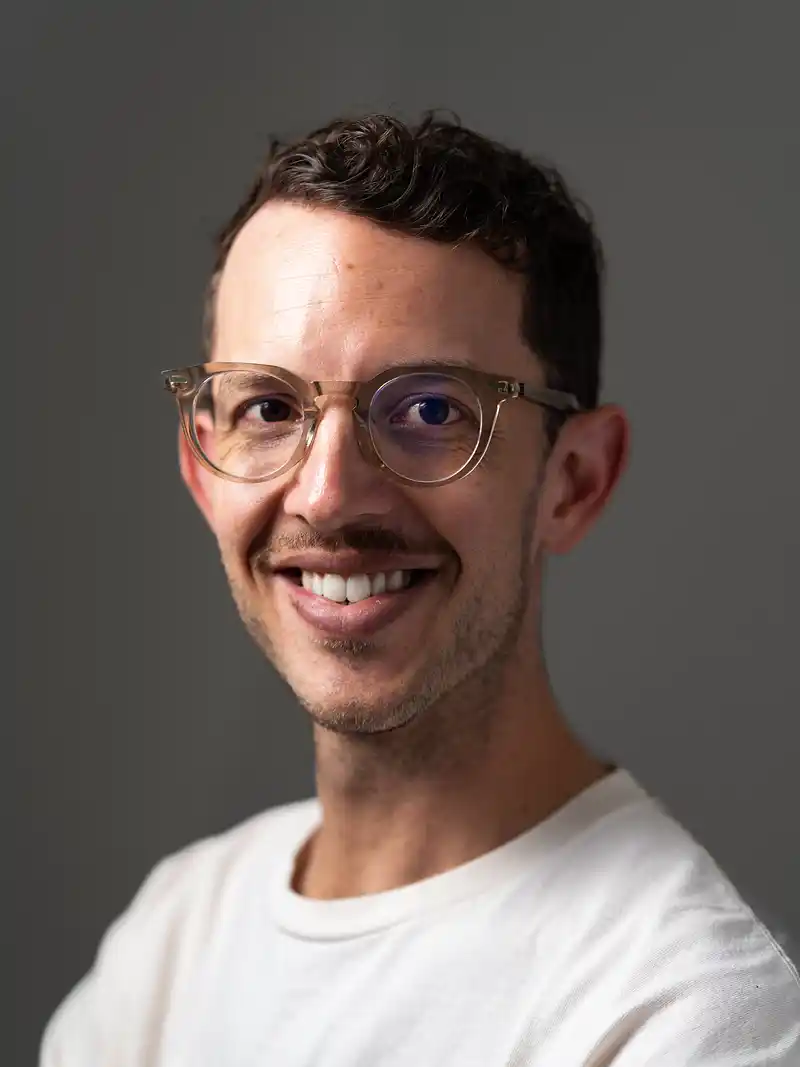Comic Uy Le will freely tell anyone, preferably on stage with a spotlight and a hot mic, that he doesn’t get along with other comics. “Because I don’t smoke, drink and still have a future,” Uy shared.
“Eyy — good joke,” Ben Betterby said encouragingly.
On a muggy late weekend afternoon, Saigon’s comics tried out some of their materials at a coffee shop during a session attended by Saigoneer.
Some jokes are complex. Angee Floyd, for example, told a bit about excoriating AirAsia for contesting her decision to give her child powerful sedatives before a flight.
Others are more compact. Caleb Jones cleared his throat, announcing it was his turn. “I always say don’t quote yourself, makes you look like an asshole,” Jones said, earning a laugh from Le.
But in all sincerity, Saigon’s comics are getting serious. The city’s comedy scene has grown in both participants and shows, and there are multiple places per week where people can get their stand-up fix, either as an audience member or a performer, thanks to two groups, Saigon Funny People and Comedy Saigon.
Members of both groups sat down to talk about how cooperation between the two organizations works in practice.
“Comedy Saigon performs with Saigon Funny People,” Floyd, a comedian and also manager of Saigon Funny People, said. She explained that her group encompasses many different artistic practices aside from stand up. One of their recurring events, for example, is 4 Elements Arts Smash, a multidisciplinary show with dancing and art performances, as well as stand-up. Comedy Saigon, meanwhile, is more narrowly focused on getting laughs.

Angee Floyd, the manager of Saigon Funny People.
“I think the biggest difference is that we do other things besides comedy,” Floyd said. “We don’t do [comedy] classes and workshops and improv.” Comedy Saigon, meanwhile, has done so. Betterby, Comedy Saigon’s founding member, explained that his group has always been a home for performers with a laser focus on comedy.
“A lot of us are obsessed with stand-up comedy,” he said. The difficult task of figuring out what’s funny is like a machine being built and tested live. Partly for that reason, comics are always working and trying out new material in an effort to put out their best stuff. “I mean, people have a choice. They get off work, and if they come see our shows, they gotta take a shower,” Betterby said, pausing as he saw his opening.
He went on: “They could stay home and order pizza and watch Netflix. But we respect them because they...came to our show, and we work our asses off to do as much as possible.”
Many of the city’s comics have typically started in classes taught under the direction of Betterby and other stand-ups assisting with class instructions, such as Uy, and then moved on to paid shows conducted through Saigon Funny People and a newly formed associated talent management agency, The Duchess Inc.
It may be evidence of the changing cultural climate that Saigon’s comedy has also matured and become more sensitive. Betterby shared that years ago it was hard to get the city’s comics to refrain from using racial epithets and other forms of hate speech in their sets.
“I had a lot of problems with people because I didn’t want the fucking n-word used on stage,” he said. “I didn’t want people saying homophobic shit, I didn’t want people doing misogynistic shit.”
The early days of comedy had a smaller scene as well, with more limited venues and a whiter, more predominantly male talent pool. Because the number of shows and performers was smaller, Betterby said this forced a lot of people with differing views on key issues (like use of the n-word) to share the same stage by necessity.
“Maybe they’d go somewhere else. I don’t know what they are doing there,” he said. “Definitely not dropping the n-bomb,” Floyd interjected. “This is why diversity is good,” Betterby said.
He has worked to build a Vietnamese focus into his workshops, which have trained marquee Saigon stand-ups like Vu Minh Tu and Uy. The day before these comics spoke with Saigoneer, Comedy Saigon held an event that drew a majority Vietnamese audience.
While some may see the presence of two comedy groups as a sign of competition, they have found ways to work together. To build both the talent pool and enhance the overall quality of Saigon’s stand-up, Betterby said the two groups have needed to develop an understanding.
The perception that the two groups are in a rivalry is unfounded, “it’s not like that,” he said. “There’s no competition. This is for all people.”
“There have been problems in the past,” Betterby admitted, but he said much of that is due to the length of time that Saigon’s comics have worked next to each other. “We’ve been doing this nonstop for years.”
Betterby is among Saigon’s longest active comics, with seven years of stand-up experience. The comics seated next to him during our conversation, Uy and Jones, have been active for four years and one year, respectively. All perform in both groups, and the difference between the two is appreciable, but not immediately evident if it's your first stand-up event.
“In the mind of the audience, they don’t know there are two groups,” Jones said. “I know my team…we offer space for everyone.”















